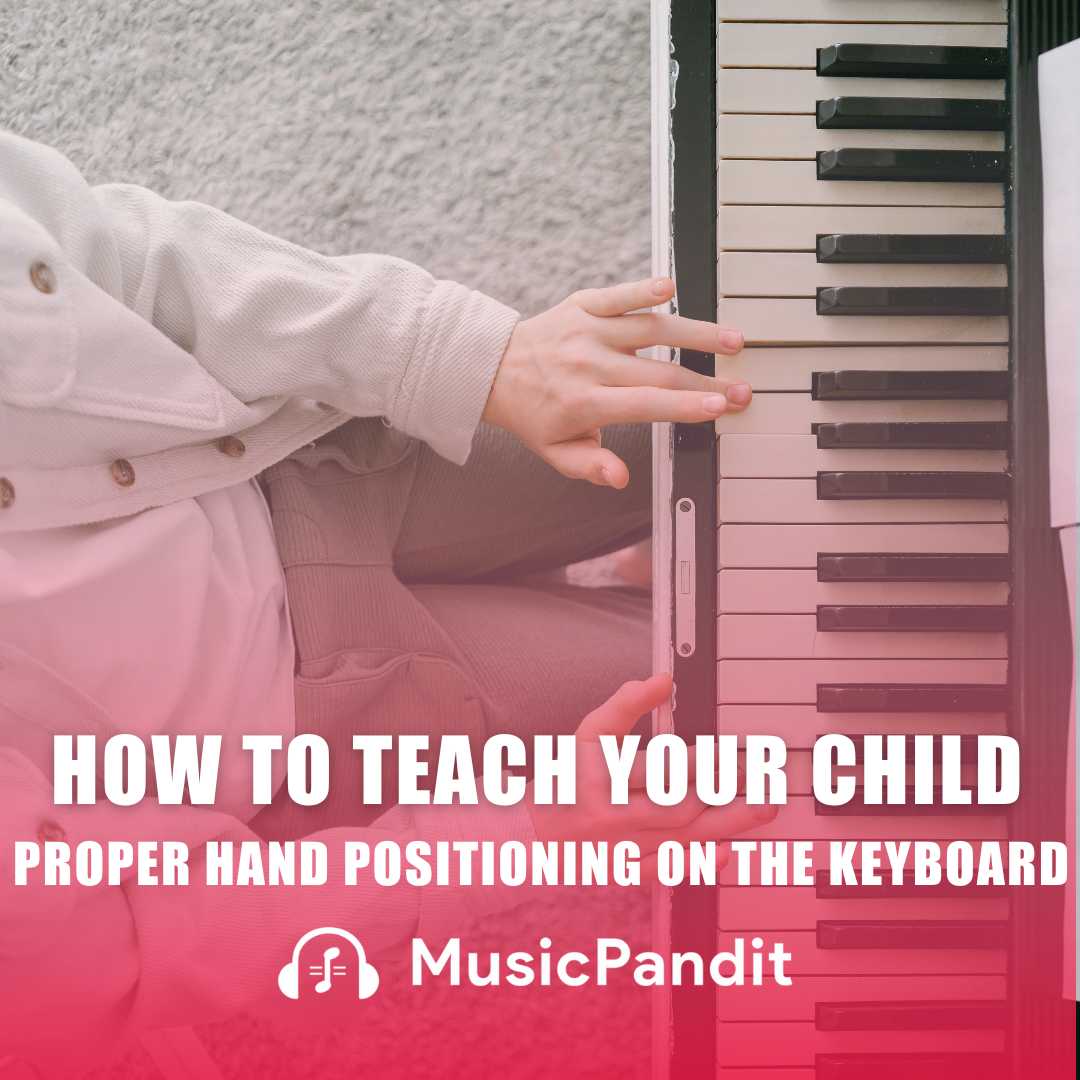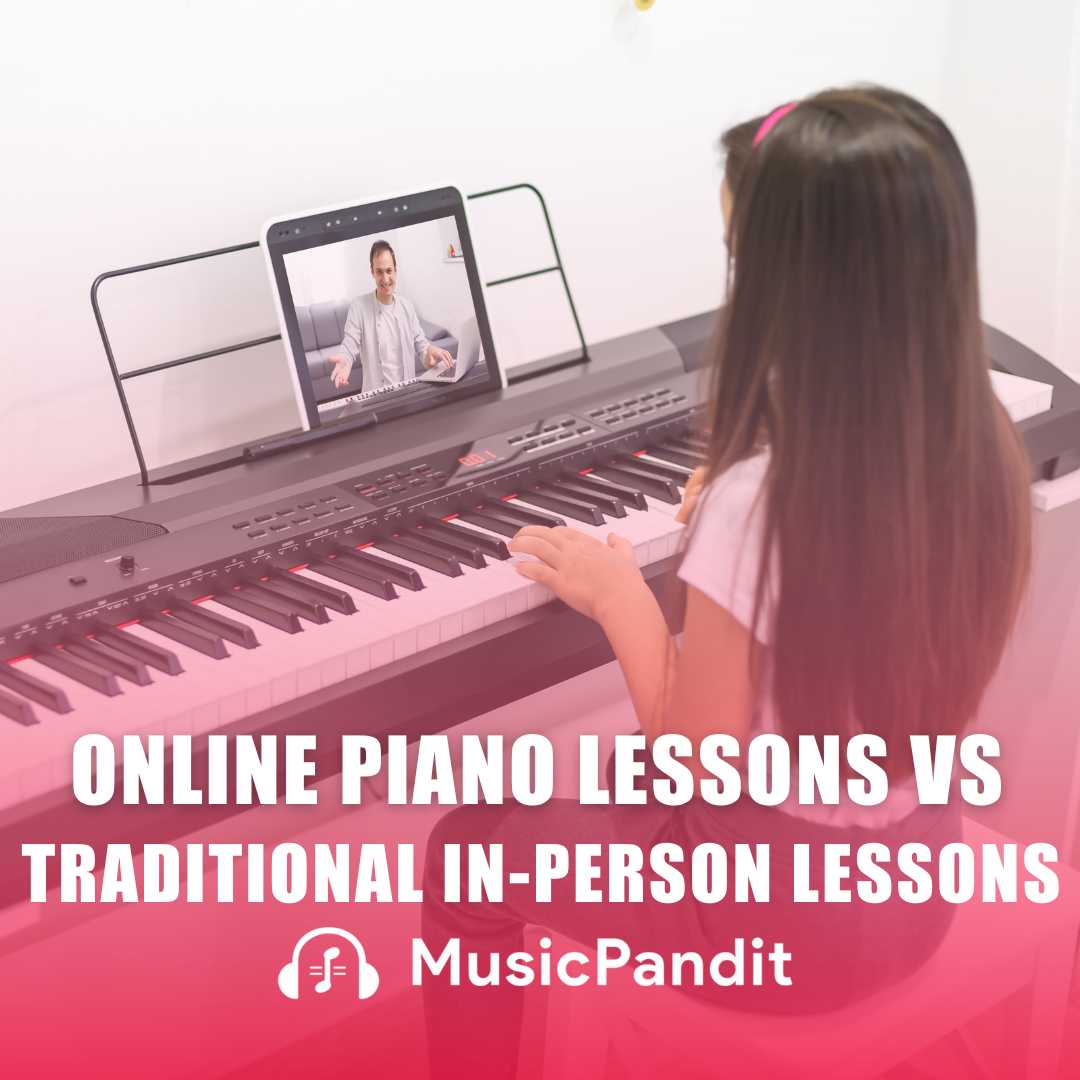Starting out on your journey of learning a musical instrument is exciting and enriching requiring you to master new skills and learn new information. However, sometimes you may struggle and it might get discouraging. At these times, just remember that learning an instrument has enormous value and offers great benefits to you. All you need to do is keep practising and you will find success!
Learning an Instrument Makes You More Clever
Playing music is not just joyous but makes a person smarter than they are. This has been proved by many studies that show a correlation between academic success and musical training in adults and children.
Learning to play a musical instrument kindles the brain, enhances abstract reasoning so necessary for Math and science and improves verbal memory. This is because learning an instrument requires you to use both sides of the brain. In addition, studies have also found that those who played instruments had a higher non-verbal IQ and made fewer spelling mistakes.
In fact, it has been found that babies who learn to sing particular songs or play percussion instruments with their elders not only smile more but could also communicate better, have more advanced brain responses and are less distressed.
It Helps You Expand Your Social Circle and Improves Your Social Life
Learning to play an instrument is not just good for your mind but for your ability to make friends too! You could belong to any age group but joining a musical group will help you grow your social circle as you will make new friends here. Doing so also provides a strong foundation for leadership skills and teambuilding skills as you learn to work with others.
What’s more, once those around you, being your friends, family and acquaintances know that you can play an instrument they will definitely want to hear you. It is a gift you can share with others and can even play at churches, nursing homes and banquets. You never know, if you are very good at it, you could even become a paid player.
It is a Stress Reliever and Relaxes You
Music has a calming effect on your emotions and studies have proved that music can not just lower the heart rate in people but also reduce their blood pressure. Many experts believe that slow classical music has this effect on people’s minds and bodies, thereby decreasing the levels of the stress hormone cortisol in them.
It Enhances Your Sense of Achievement and Your Confidence
What most people realise later during the course of their learning an instrument is that there is an element of struggle involved in it. So one tends to make mistakes during this process. But if you can learn to master the instrument and nail a performance, you will experience a strong sense of achievement and pride. This is an invaluable feeling.
In addition, an instrument helps you to express yourself better. Moreover, as you play the instrument in front of audiences initially starting out with your music teacher and family and later in front of other pupils and audiences, your level of confidence will also increase.
It Improves Your Patience and Perseverance
Practising music teaches you that while the music may be difficult to master, putting all your effort into it will ultimately get you the results you desire. Experts advise dedicating at least a year to learning a musical instrument before seeing improvements in confidence and skills.
Students usually look back and are glad that the first few hard months are behind them. Therefore, learning music is also a test of your patience and perseverance. You will be happy in the end that you stuck it out.
It Makes You More Disciplined
Except for prodigies, for most others, learning an instrument takes time and cannot be mastered overnight. It takes a lot of effort, discipline and time management to get better at it and teaches you to put in the hard work and organise time more effectively.
It Enhances Your Creativity
Perfecting a piece of music after practising it enhances the creativity in your brain. The player of the instrument is the one who puts their mark on a musical rendition and infuses their personality into it.














